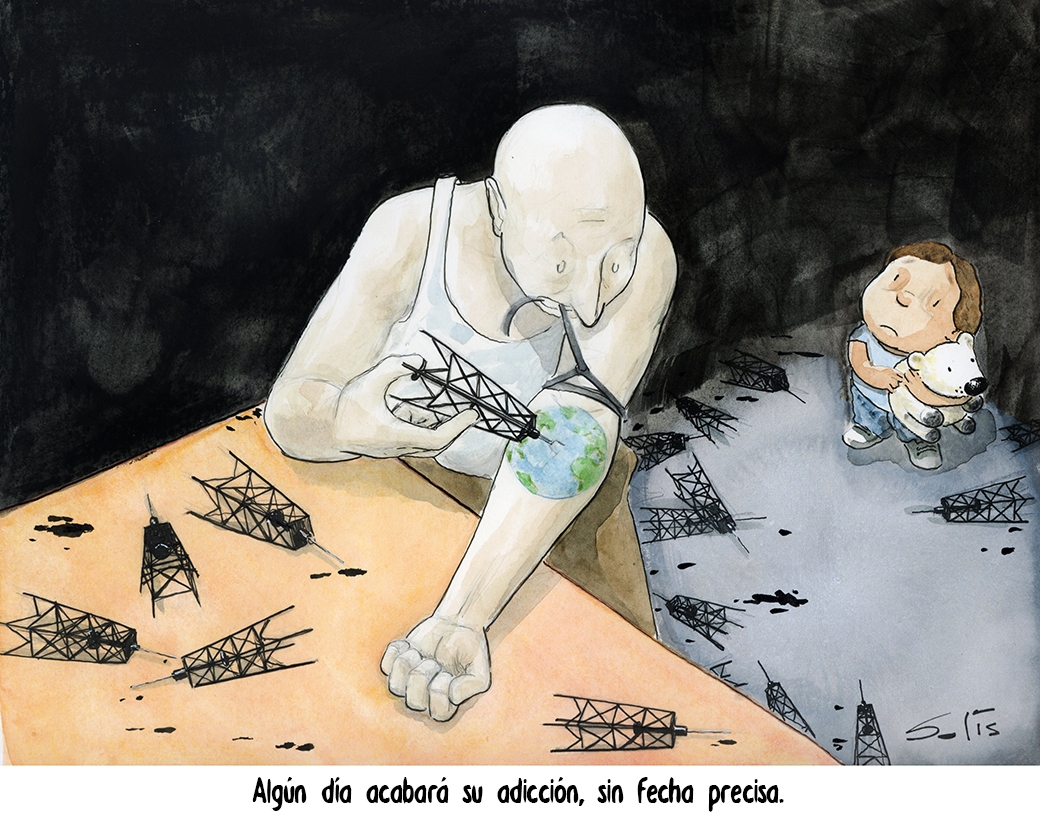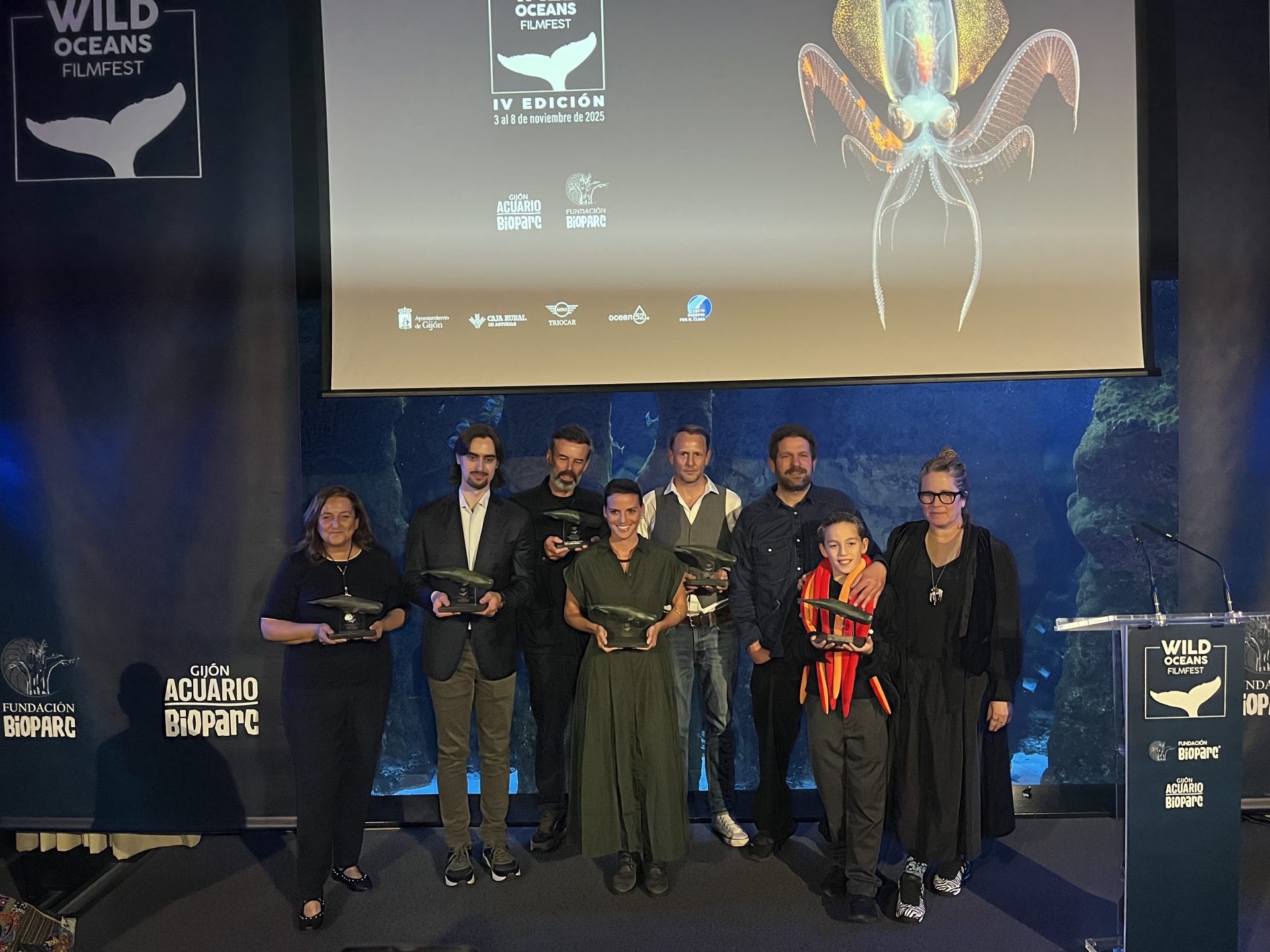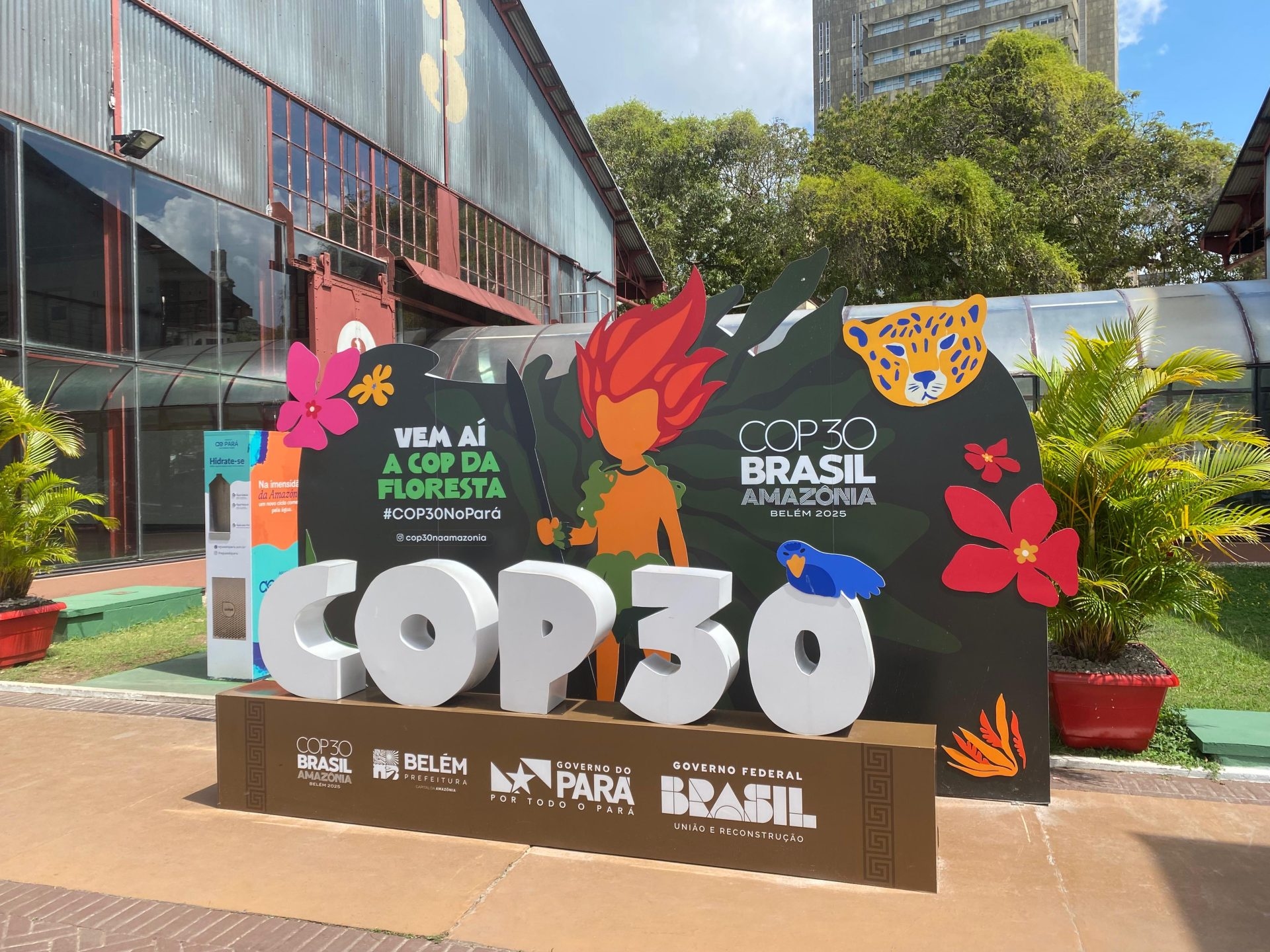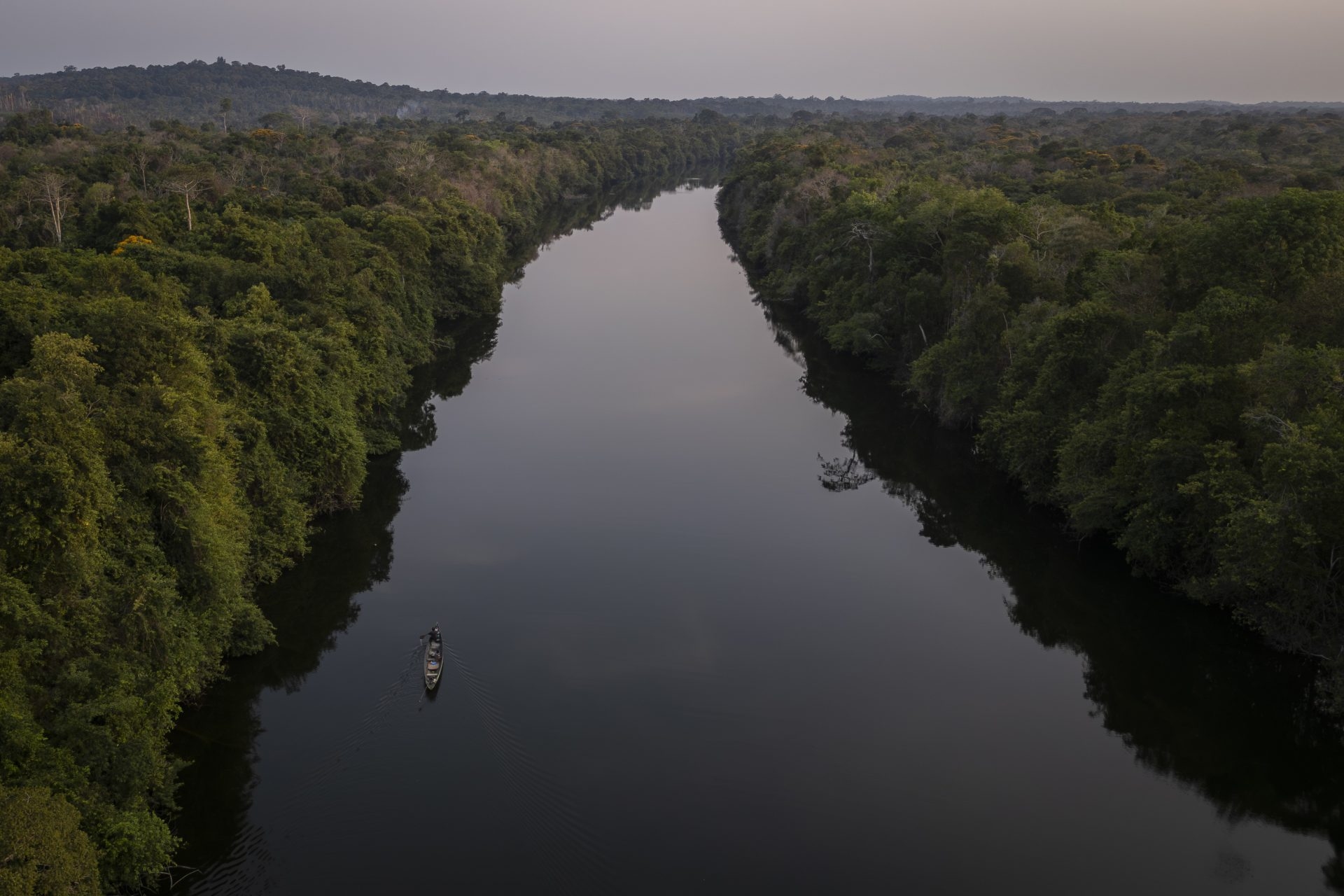Barcones warns of the increase in emergencies linked to climate change at the closing of the IV Emergency Communication Seminar
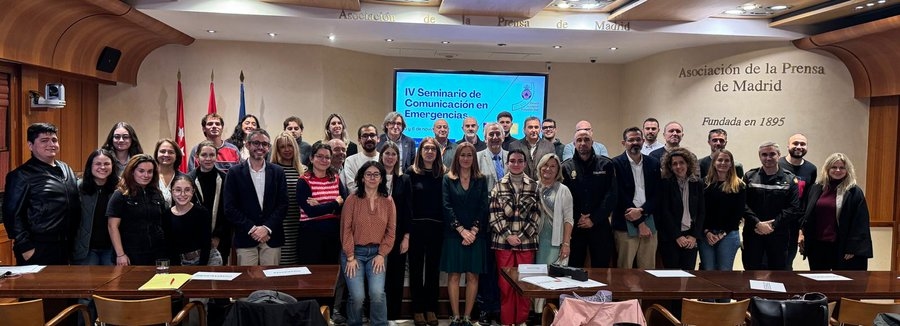
Madrid, Nov 6 (EFEverde) – “This year we have seen the worst side of climate change, episodes that will become increasingly common and more virulent.” With these words, the Director General of Civil Protection and Emergencies, Virginia Barcones, closed the 4th Emergency Communication Seminar for journalists this Thursday, held at the Madrid Press Association (APM).
Barcones emphasized the need for specialized journalists who understand how the civil protection system works and the responsibilities of each actor involved. “Our system is very effective, but also very complex. The media must know how this mechanism works,” she noted.
The seminar, organized by the General Directorate of Civil Protection , in collaboration with the APM and the EFE Agency , has brought together technicians, specialists, professors and journalists to analyze the role of communication in emergency management.
Public service journalismThe closing ceremony also included the participation of Mónica Tourón , general secretary of the APM, and Pedro Pablo García May , head of the Environment and Science section of EFE (MAC), who highlighted the importance of journalism as a public service and the verification of sources in the face of the rise of disinformation and artificial intelligence tools.
“Journalism is a necessary ally of emergency services,” said Tourón, who noted that reporting in critical situations is “an act of civic duty and a way of recognizing those who risk their lives to protect others.”
For his part, García May insisted that "journalists cannot publish anything that is not attributed to a reliable source" and defended the value of fieldwork and journalistic objectivity .
Multidisciplinary programDuring the two days of the course —held on November 5 and 6— topics such as disaster information , the relationship between security forces and media , and institutional coordination in emergencies were addressed.
The speakers included the director of EFEverde, Arturo Larena ; the spokesperson for Aemet, Rubén del Campo ; the meteorologist from RTVE, Silvia Laplana ; representatives of the UME , the National Police , the Civil Guard and the DGT , as well as judicial and corporate communication experts.

The seminar has also served to strengthen collaboration between journalists and emergency services , promote the exchange of experiences and foster information alliances that contribute to more rigorous, empathetic and useful communication in crisis situations.
Full program:Arturo Larena: “Emergency journalism is no longer of the future, it is of the present.”
https://efeverde.com/wp-content/uploads/2025/10/Cronograma-2025.pdf
Information for students of the National School of Civil Protection: consult the website
https://www.proteccioncivil.es/es/formacion/enpc/preguntas-frecuentes
efeverde

